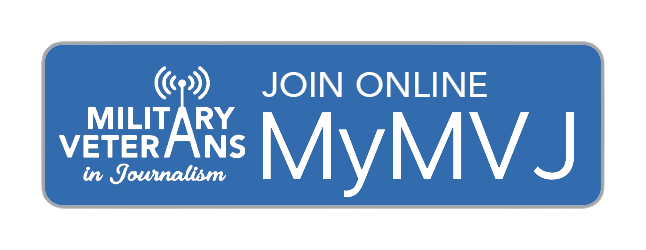This resource is provided by American Corporate Partners, which aims to ease the transition from the military to the civilian workforce. ACP is a national nonprofit organization focused on helping returning veterans and active duty spouses find their next careers through one-on-one mentoring, networking and online career advice.
Navigating the Informational Interview Process
Informational interviews are a great way to learn more about an industry or position. They are especially helpful for students debating a course of study or someone trying to enter a new industry. If you are unsure of how to arrange or conduct an informational interview, here are a few helpful tips:
Identify An Interviewer in a Company or Position of Interest
- See if anyone in your current network of friends, family, or colleagues can make an introduction. Your Mentor might be able to provide introductions.
- Search online directories, contact HR departments or veterans groups and search LinkedIn to find someone local you can meet in person.
- Don’t just look at job titles – they are different in every company. Use LinkedIn and the company website to try to get a sense for what they do.
- Remember, you can still get a lot of value from speaking to someone who works outside of your target company.
Requesting the Interview
- Send an email with a clear subject line, such as, “Informational Interview Request”.
- If applicable, explain who recommended them to you, and provide a short description of your professional background and goals. This can include service details, education and ultimate professional goals.
- Make it clear you are not asking for a job or an interview, and do not attach your résumé, but have it on hand when you meet them.
- If they decline the meeting, you can ask if they can recommend another person to speak with.
Prepare a Few Questions Beforehand
- Consider what you ultimately want to gain from this meeting, and work with your
- Mentor to brainstorm a few questions around that topic.
- Research the person you’re meeting with to craft more pointed questions about their specific background and find common ground.
Navigating the Meeting
- Though an informational interview can be more casual, you should generally treat this like a normal interview.
- Have your list of questions, a means to take notes and have your résumé on hand in case they would like to view it.
- Give enough background information on yourself to provide context, but remember that informational interviews are about listening and learning from the other person’s experience.
- Keep your eye on the time and check in about their schedule ten minutes before the scheduled end to give them the opportunity to either leave early or extend the conversation.
- End the conversation by asking if they can recommend additional people to interview and asking if you can connect with them on LinkedIn.
Following Up
- Send an email or note following the interview thanking them for their time and advice.
- Go the extra mile by highlighting something you enjoyed learning from them.
- If applicable, reach out to the person who introduced you to the interviewer to thank them and share some of the things you learned during the interview.




